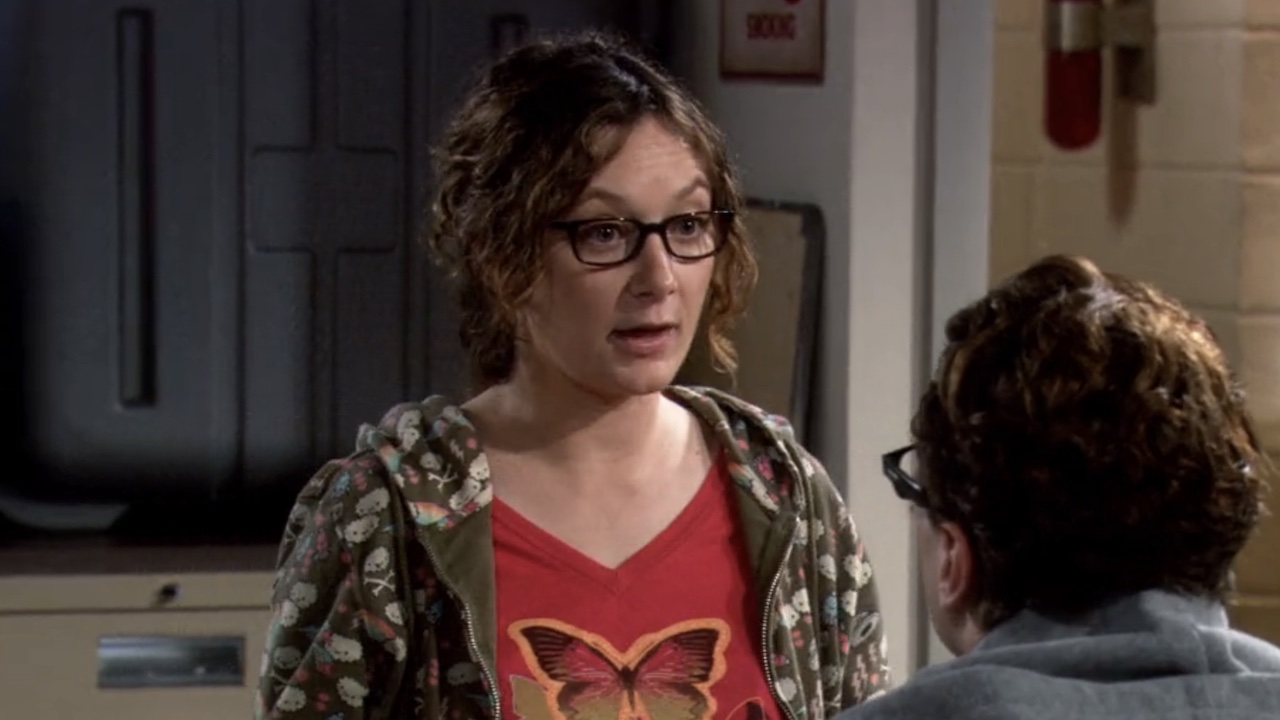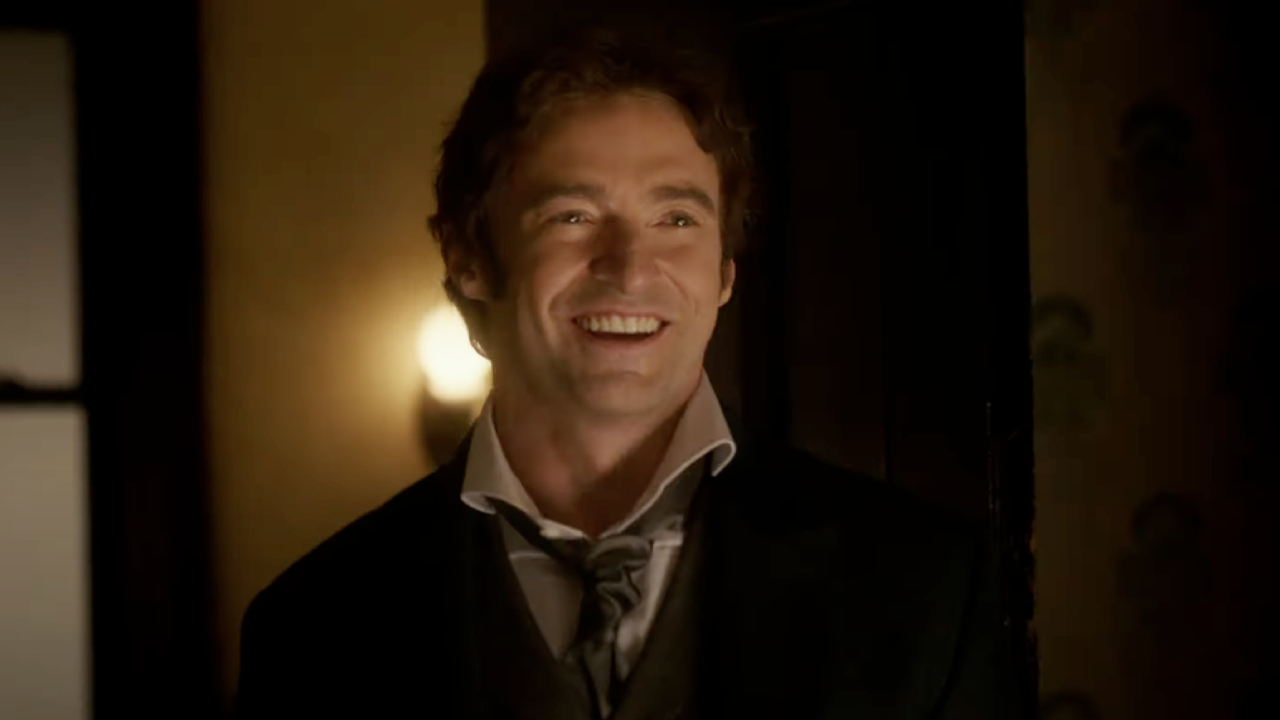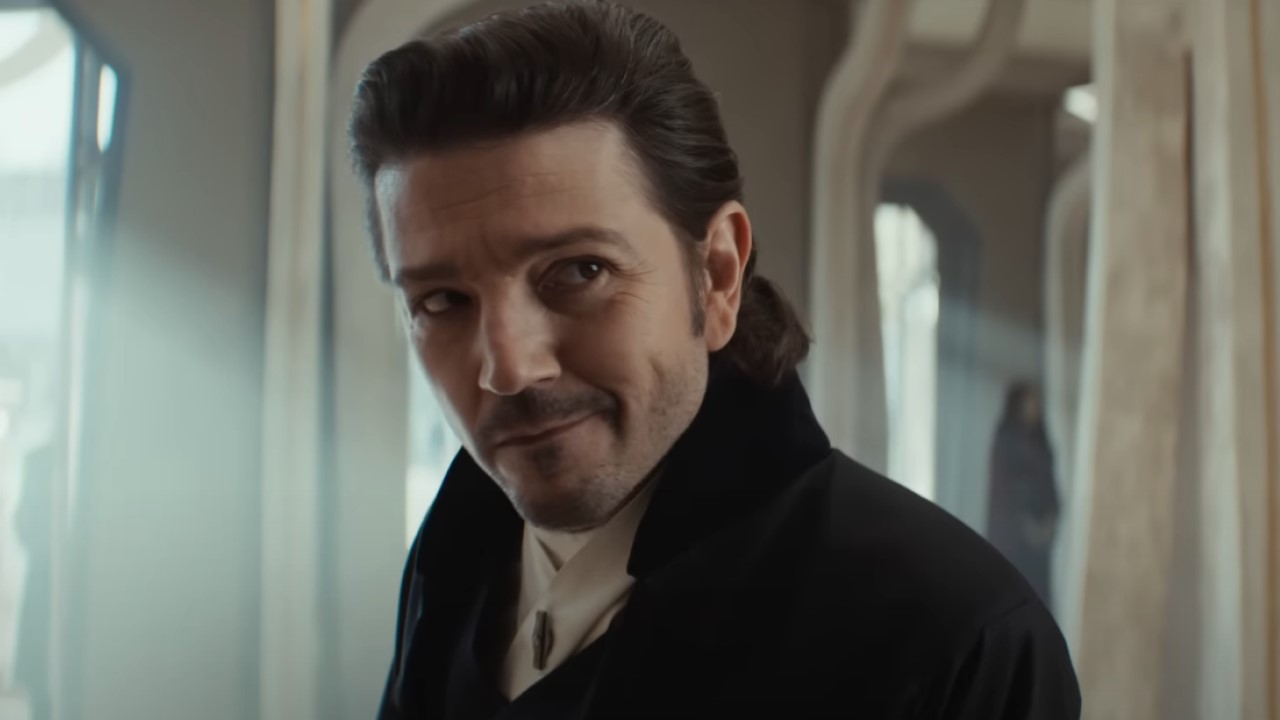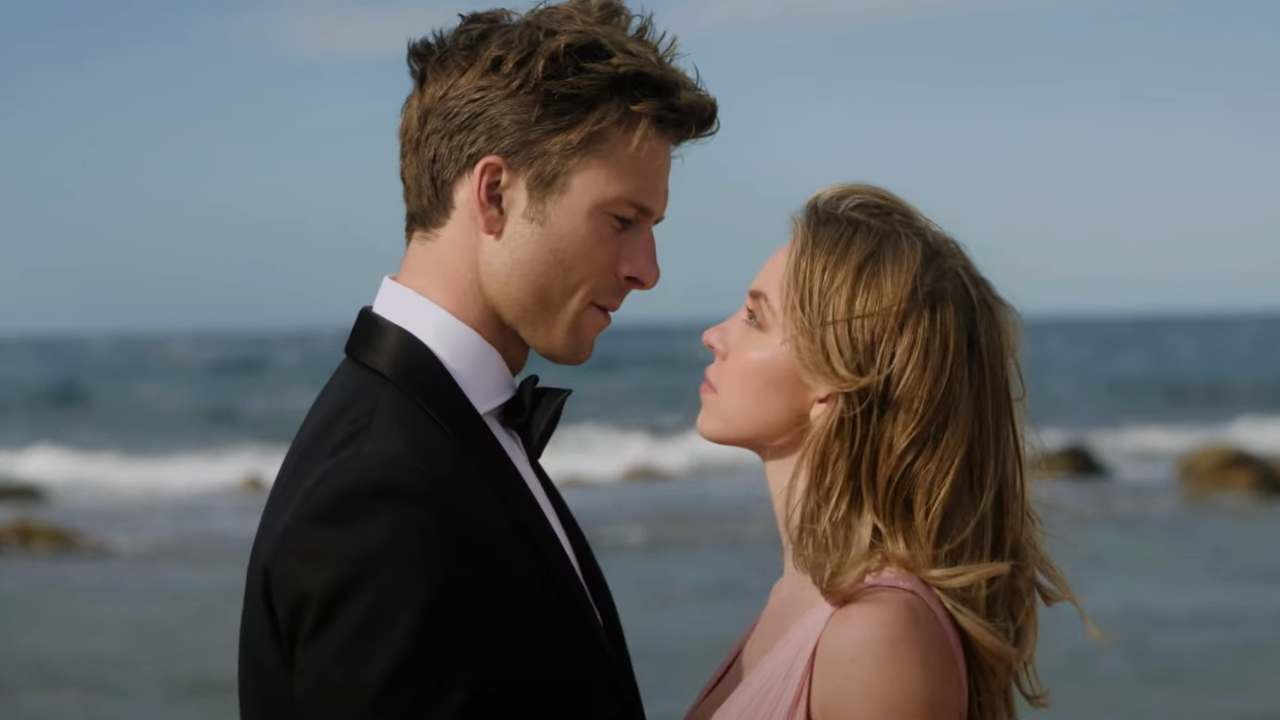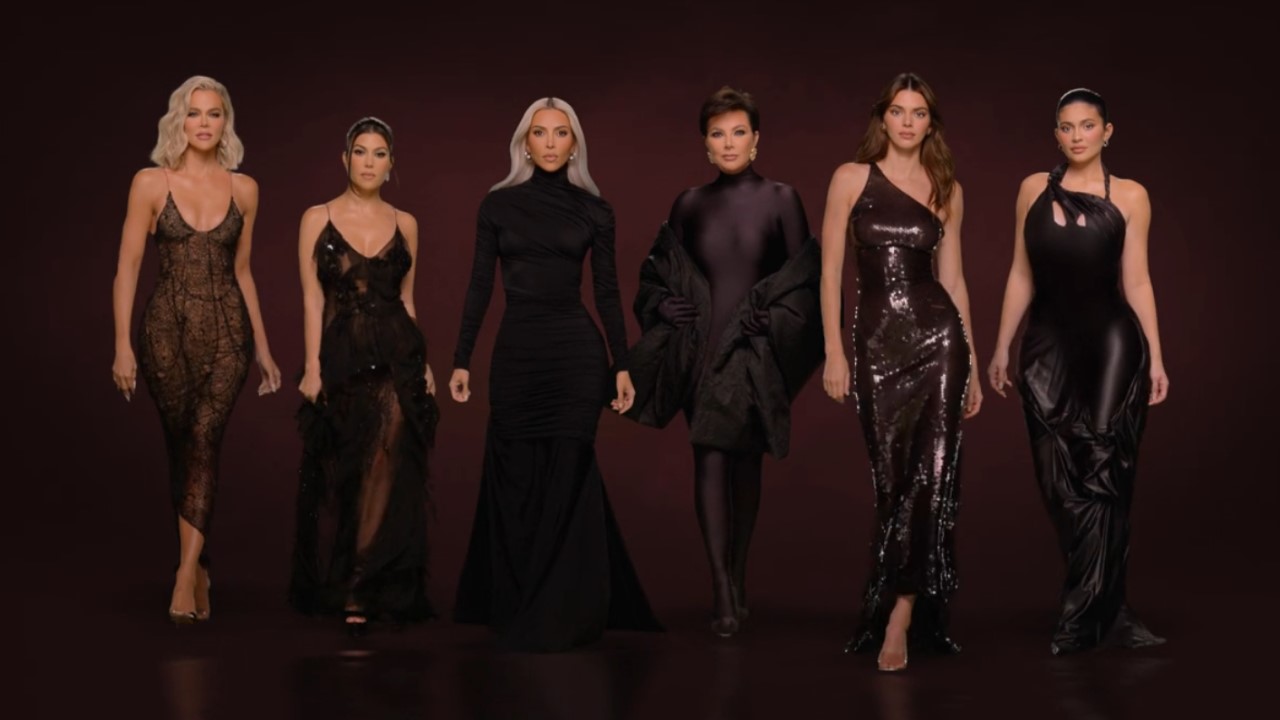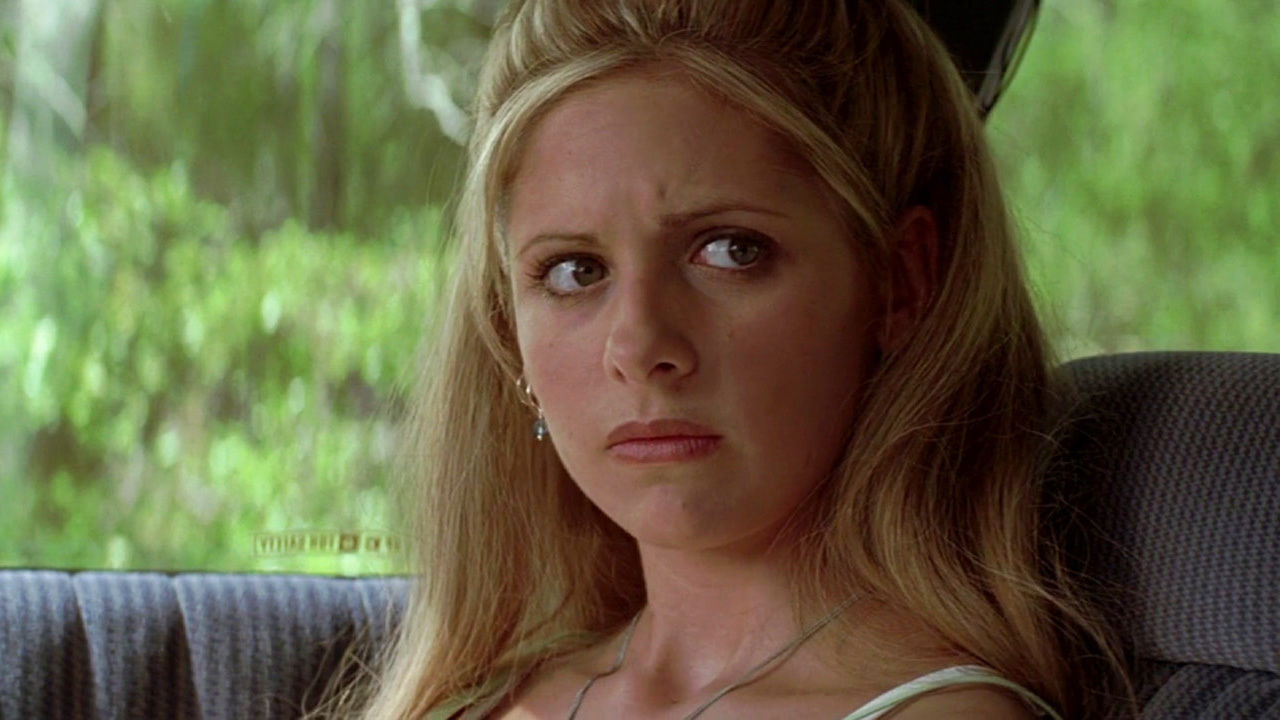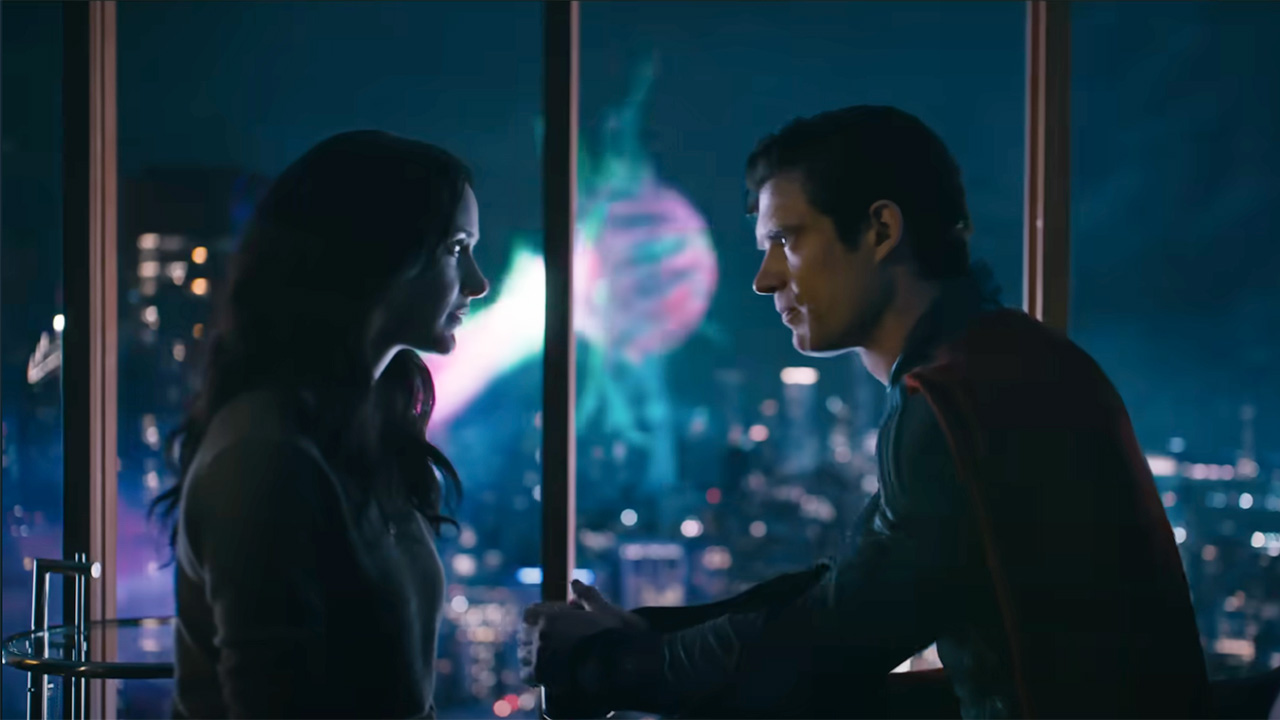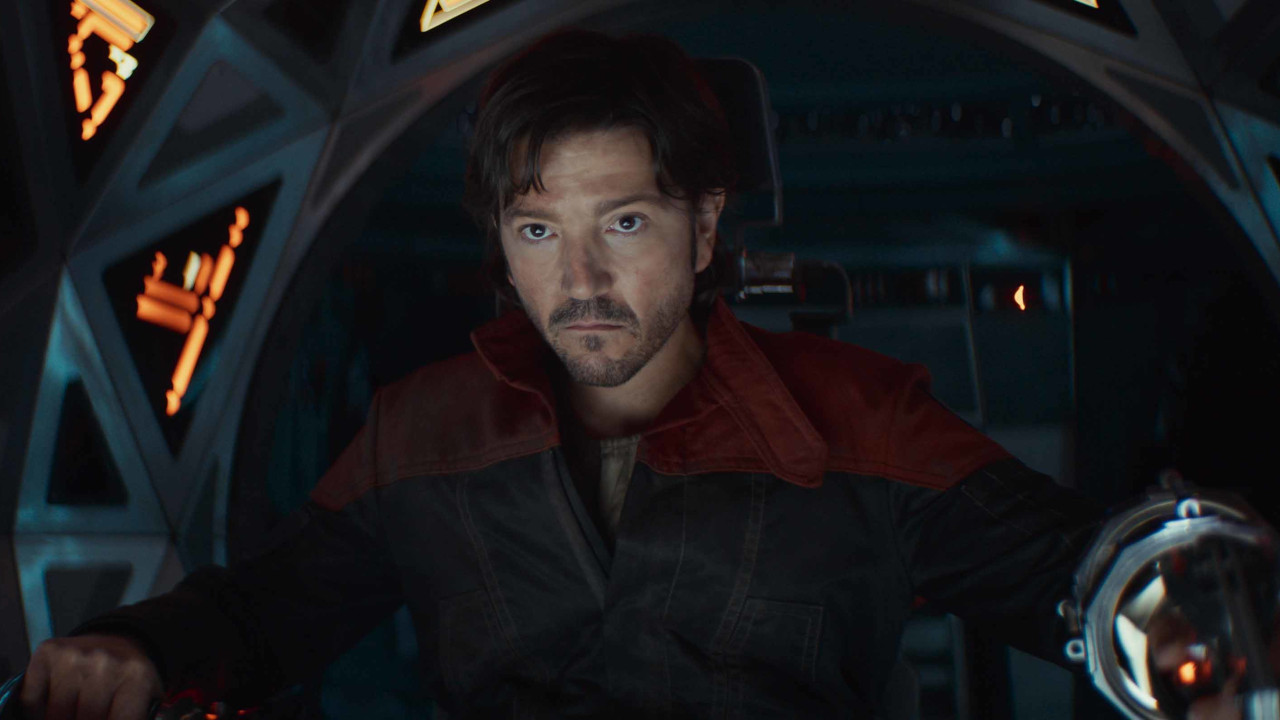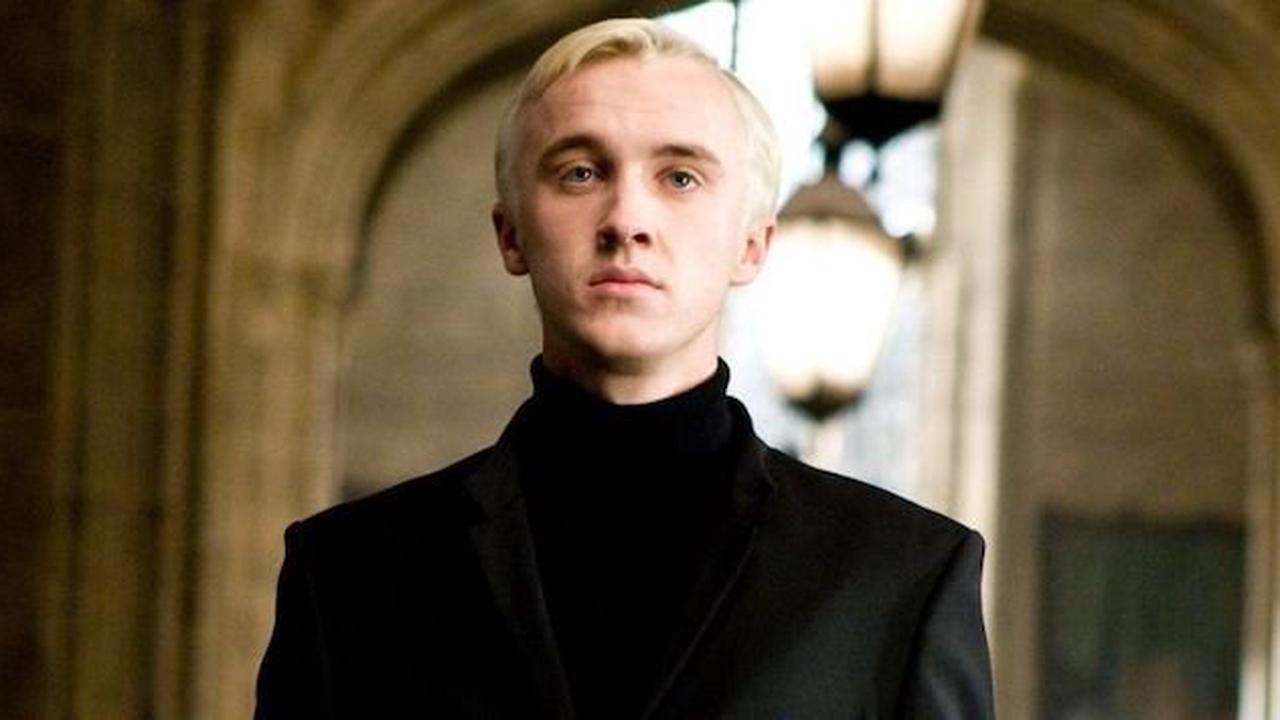What To Expect When You're Expecting's Rodrigo Santoro Talks Getting Ready For Kids
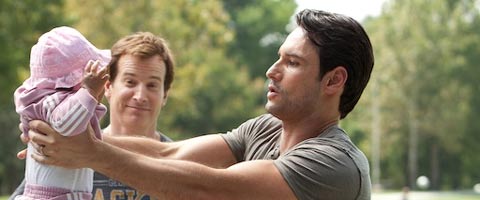
The decision to have a child is one of the biggest that most of us will ever have to make. There’s an endless number of things to consider, from whether or not you are economically stable enough or even competent enough to care for a child. It’s a decision that Rodrigo Santoro’s character, Alex, is forced to make in the upcoming What To Expect When You’re Expecting and I recently had the chance to sit down with him one-on-one to talk about it.
Check out the interview below in which Santoro talks about not only the struggle of the expecting period, but also what drew him to the project, his personal history with multi-storied romantic comedies, and his preparation for 300: Battle of Artemisia
What was it about this script and the character of Alex that attracted you to this project?
I really found interesting the character’s journey. I think he does have a journey in the movie where he starts out really feeling he’s not ready, he’s really scared about the whole thing, and above everything I think he’s having a good time with his wife and he’s like, “Why change that?” They have tried to have kids in the past, she couldn’t have kids, it’s not that he doesn’t want kids, it’s just that it has it has passed and why change the great time that they’re having together right now? And she wants to adopt a kid, which is more of a delicate process and for him it feels very far away and it’s not something that he’s ready to embrace. He sent to the Dude’s Group, which is the fun part of it, and then slowly, when he first gets there he’s not into it – he doesn’t having them, a kid, he doesn’t really understand what’s going on. They’re all crazy guys, dads and but slowly, as the whole process of the adoption starts to happen and he starts to panic. And so he needs help and that need makes him get more and more involved and really going through with this transformation where, at the end, he will learn that he’s just scared but he will do it for the love he feels for his wife.
So he’ll do it for her. There’s a beautiful moment where he’s going to go, “Yeah, let’s do it!” but he just opens himself and just says, “I’m just scared.” And that’s such a natural thing! Guys, especially at that age, you’re not really ready to commit, but then it just raises the question what is left to get ready? We’re never ready. There’s no rehearsal in your life, so you can’t say, “Oh yeah, yeah I’m ready.” What is it like to be ready? You have to face it and go for it. So I thought the whole storyline was really interesting, I didn’t know a lot about adoption, as well. You always think, wow, it’s so beautiful and it’s an act of love to adopt somebody, and really give love to that little person. So the whole thing was very interesting for me. And then I found out I would be playing Jennifer [Lopez]’s husband, and I think that she’s just incredibly talented and that would be fun. And it was. She was really great. Really great.
That actually brings me right to my next question, which is that in a romantic movie you have to have chemistry with your scene partner. How did you work with Jennifer in that respect?
It just happened. We met the day, maybe two days before shooting. We actually had met before, we did a photo shoot for Vanity Fair where they tried to recreate West Side Story. And I played opposite her. But it was fast and we didn’t really get a chance to know each other. And, yeah, we met, we talked and she was very open. She was down to earth and we talked a bit about the backstory of the characters. And then the next day we were on set and she really helped me because she made me feel comfortable in that way. Let’s have fun! Let’s enjoy this! And chemistry is something that either you have it or you don’t, and I think this situation is a great example. Because we didn’t have time to build it, it kind of happened and we were at ease, let’s have a good time. That’s how we wanted it. It was great, man.
CINEMABLEND NEWSLETTER
Your Daily Blend of Entertainment News
Before you were in this film you had a small part in Love, Actually, which was the movie that kind of launched this whole multi-storied romantic comedy subgenre. Knowing that, was there any hesitation on your part about doing another one?
No. Love, Actually is the first romantic comedy that I did, this is the second one. And it’s been a couple years. I haven’t done much at all in comedies, the other one was I Love You, Philip Morris, which isn’t a “comedy” exactly. I’m new to it, I have nothing against it. I actually enjoy doing it. It’s such a light experience, but my background is a little different. I’m from independent, smaller, more dramatic films, but I didn’t have any prejudice. It’s about the material. It’s about the character and the story and the experience, “What’s it going to be this experience?” Sometimes you get a look at it and every choice I make is based on, I use my rational part, I use my brain, but mainly it’s about my instinct. I feel like doing this and it feels right. I’m excited to do it, I can picture how I can do this. It’s like when you meet somebody and become friends with that person, it’s like chemistry, like we were talking about. It has to happen, and it’s not always the same. There are no rules. There’s no formula. “Oh, this is a comedy,” “Oh, I don’t do genre movies,” “I don’t do drama” … each project, each story, each film, each character it’s a different story, and I approach them – the only thing that’s always the same is the way I approach them, which is let me read it, let me see how this material talks to me and how do I feel about and how do I feel about this character. Then I go from there.

What was the experience like working with Kirk Jones? Did he allow you to have a lot of input in your character?
It was great. Kirk is an inspiration because he is funny, first of all. He’s funny and he has that British sense of humor. He’s sweet – he’s so sweet, he’s such a gentleman, which is always great to work with because you want to have a pleasant experience and he’s very particular. He let me improvise with Jennifer, we did have a chance to improvise here and there. But he also knew exactly what he wanted.
Is that important for you as an actor?
I have had different experiences before where directors would tell me exactly what they wanted or they would just let me flow with it and then they would come in and say one way or the other. I don’t think there is such a thing as the one right way to do it. Each process is different, and as long as you’re in tune with the director and there’s trust between you two, I think that’s the most important thing because when there isn’t… I think films are a collaborative experience and it’s always great when you can have that, when they are open to listening to what an actor has to say. But directors, at the end of the day they will say “I want this” and “I want that” – as they should. But it’s great when you can exchange because I think that it’s a richer experience for everyone.
I know I have to wrap up soon, but I did want to take the opportunity to ask you about the 300 prequel. Have you started your preparation process for the film yet?
Yes, I have. We’re going to start shooting in July. I have started going to the gym. It’s a lot of work. People don’t know how much work we have to put into this – especially for Xerxes. It’s not only about working out, but, you know, the character has a very specific look. People ask me, “Were you bald?” I had to shave, workout, there’s five hours of makeup.
And all the piercings.
Piercings are all very delicate. So it’s a lot to get there. It’s the first time that I’m returning to a character, I’ve never played the same character twice. That’s interesting, I want to try and make this experience fresh, somehow for me. I want to find different layers. Let’s see what the script is going to give me, because they’re still working on it. They’re working on the last draft. I’m looking forward to show something to the fans that they haven’t seen in the first one, in 300. We’re all excited. The interesting thing about this is that they’re not calling it a prequel or a sequel or a spin-off. There’s a bit of what you saw in 300 and what happened a little bit before. It’s interesting the take they have on it.

Eric Eisenberg is the Assistant Managing Editor at CinemaBlend. After graduating Boston University and earning a bachelor’s degree in journalism, he took a part-time job as a staff writer for CinemaBlend, and after six months was offered the opportunity to move to Los Angeles and take on a newly created West Coast Editor position. Over a decade later, he's continuing to advance his interests and expertise. In addition to conducting filmmaker interviews and contributing to the news and feature content of the site, Eric also oversees the Movie Reviews section, writes the the weekend box office report (published Sundays), and is the site's resident Stephen King expert. He has two King-related columns.
'I Want To Leave It That Way.' There's Been Speculation About Diego Luna Wanting To Leave Andor After Season 2, But How Does He Feel About The Show Ending?
The Story Behind How Seth Rogen Got Several Directors To Play Themselves On The Studio (Ron Howard’s Thoughts About His ‘A–hole’ Appearance Are A+)
